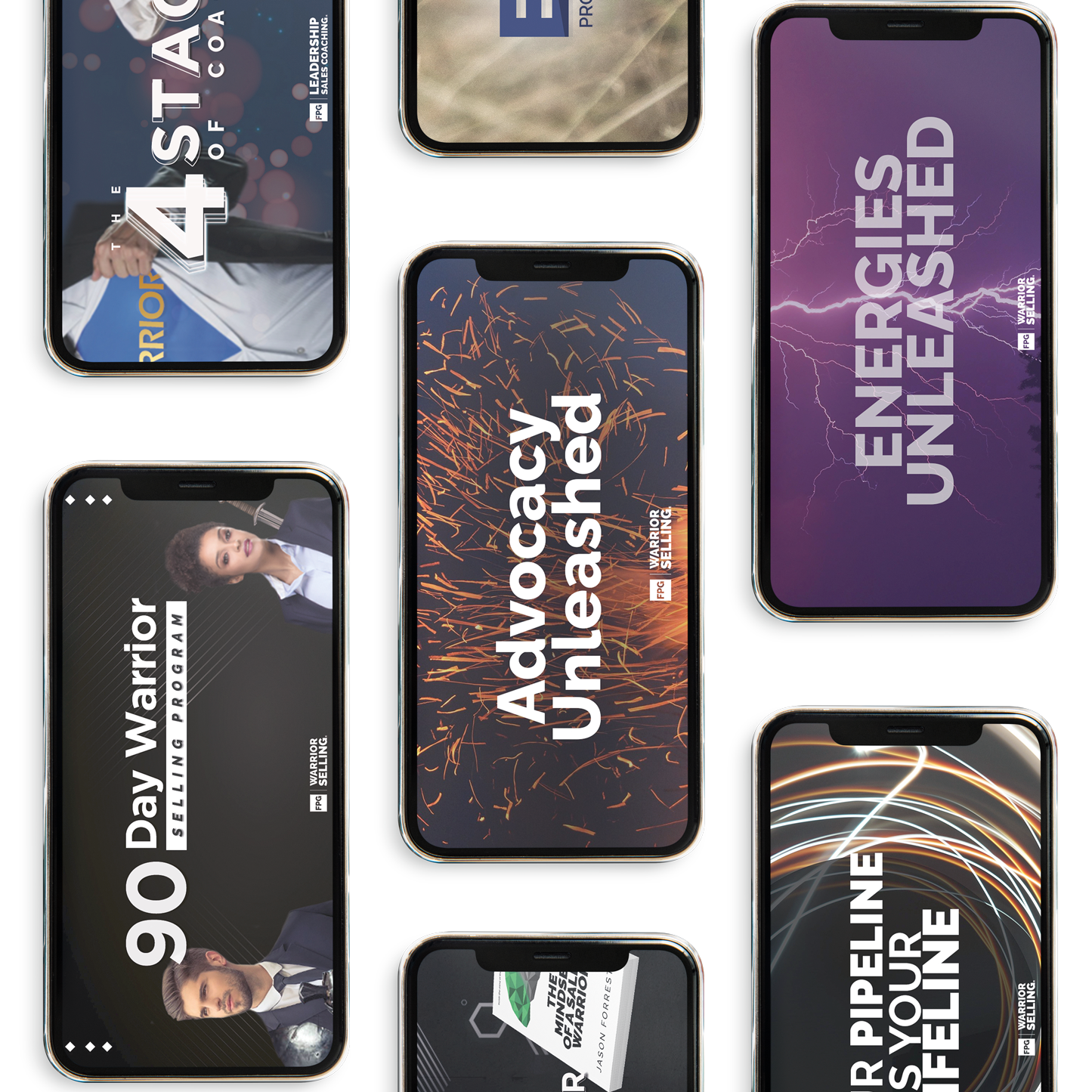Sales strategies have seen dramatic shifts over the decades, shaped by the prevailing technologies, economic conditions, and cultural trends of the times. Baby Boomers, Generation X, Millennials, and now Generation Z have each influenced how businesses approach sales. Millennials and Gen Z, in particular, are leading a transformation, moving away from traditional methods like cold calls to embrace digital communications such as emails, video calls, and texts. This shift is reshaping the sales landscape, phasing out older techniques and paving the way for innovative approaches. This article explores these changes in detail and predicts how Gen Z will continue to evolve sales strategies. Discover insights from FPG on staying ahead in this dynamic environment.
Boomers and Gen X: The Foundation of Traditional Sales
The Boomers’ Approach
The Baby Boomers (born between 1946 and 1964) were the architects of the modern sales landscape. During their prime working years, the economy was booming, and consumerism was on the rise. Sales strategies were heavily reliant on traditional methods such as cold calling, face-to-face meetings, direct mail, and networking events. These methods were effective in a less saturated market where personal connections and relationships were paramount.
Boomers valued hard work, persistence, and relationship-building. The sales process often involved multiple face-to-face meetings, where trust and rapport were built over time. Closing deals required a deep understanding of the product and the ability to address customer objections in person. This era was marked by a personal touch that is less common in today’s digital-first world.
Gen X: Bridging the Gap
Generation X (born between 1965 and 1980) grew up during a period of significant technological advancements, including the introduction of personal computers and the internet. This generation experienced a hybrid approach to sales, blending traditional methods with emerging digital tools. While many Gen Xers continued to rely on face-to-face interactions and cold calling, they also began to incorporate email and early internet research into their sales processes.
Gen Xers were the first to navigate the transition from analog to digital. They maintained the relationship-driven focus of the Boomers but started to see the potential for efficiency and scale offered by digital tools. This generation laid the groundwork for the more significant digital shift that would come with Millennials.

Millennials: Pioneering the Digital Transformation
Embracing Digital Communication
Millennials (born between 1981 and 1996) came of age during the rise of the internet, social media, and mobile technology. As they entered the workforce, they brought with them a comfort and fluency with digital tools that fundamentally changed the sales landscape. Millennials moved away from traditional methods like cold calls, which they found intrusive and inefficient, towards more scalable and personalized digital communication methods.
Emails, social media, video calls, and text messaging became the primary tools for sales professionals. These methods allowed for more frequent and targeted interactions with prospects, leading to more efficient use of time and resources. Social media platforms like LinkedIn, Facebook, and Twitter became vital channels for prospecting and engaging with potential clients.
Data-Driven Sales Strategies
One of the most significant contributions of Millennials to sales strategies is the adoption of data-driven approaches. Millennials are adept at leveraging data analytics to gain insights into customer behavior, preferences, and pain points. Customer relationship management (CRM) systems, marketing automation tools, and data analytics platforms became essential components of the sales tech stack.
Data-driven sales strategies enable sales professionals to segment their audience more effectively, personalize their outreach, and predict customer needs. This approach not only increases the chances of closing deals but also enhances the overall customer experience. By understanding their prospects better, sales professionals can tailor their messages to address specific challenges and opportunities, making their pitches more relevant and compelling.
Building Authentic Relationships
While Millennials rely heavily on digital tools, they also place a high value on authenticity and transparency. This generation grew up with easy access to information and is skeptical of traditional sales tactics that come across as pushy or insincere. Instead, Millennials focus on building genuine relationships with their prospects and customers.
Social selling, where sales professionals use social media to engage with prospects, share valuable content, and build trust over time, is a hallmark of Millennial sales strategies. This approach allows salespeople to demonstrate their expertise, provide value, and establish themselves as trusted advisors rather than just vendors.
Gen Z: Shaping the Future of Sales
Digital Natives and the Omnichannel Approach
Generation Z (born between 1997 and 2012) is the first generation of true digital natives. They have grown up with smartphones, social media, and instant access to information. As Gen Z enters the workforce, their expectations and behaviors are set to transform sales strategies even further.
Gen Z values seamless and integrated experiences across multiple channels. They expect to interact with brands through various touchpoints, including social media, websites, email, and even virtual and augmented reality. Moreover, an omnichannel approach, where sales and marketing efforts are coordinated across all these channels to provide a consistent and personalized experience, will become increasingly important.
The Rise of AI and Automation
Artificial intelligence (AI) and automation are set to play a critical role in the sales strategies of the future. Gen Z is comfortable with AI-powered tools and expects technology to enhance their interactions and experiences. Sales professionals will need to leverage AI to provide personalized recommendations, automate routine tasks, and gain deeper insights into customer behavior.
AI-driven chatbots, for example, can handle initial customer inquiries, qualify leads, and even schedule appointments, freeing up salespeople to focus on higher-value activities. Predictive analytics can help sales teams identify the most promising leads and tailor their approach based on data-driven insights.
Virtual and Augmented Reality
Virtual and augmented reality (VR and AR) are poised to revolutionize product demonstrations and customer interactions. Gen Z’s familiarity with immersive technologies means they will expect engaging and interactive experiences when considering purchases. Therefore, VR and AR can provide virtual tours, product demonstrations, and interactive workshops, allowing prospects to experience products and services in a more tangible and memorable way.
For instance, in the new home sales industry, VR can offer virtual home tours, enabling potential buyers to explore properties from the comfort of their homes. Similarly, AR can enhance product demonstrations by overlaying digital information onto physical objects, providing a richer and more informative experience.

Watch Now | Ways To Sell Your Product Or Service At A Higher Price
Deep Sales Strategies: Integrating Technology and Human Touch
Balancing Automation and Personalization
As sales strategies continue to evolve, finding the right balance between automation and personalization will be crucial. While technology can enhance efficiency and scalability, the human touch remains essential for building trust and rapport. Deep sales strategies involve leveraging technology to gather insights and automate routine tasks, while still maintaining meaningful and personalized interactions with prospects.
For example, sales professionals can use CRM systems to track customer interactions and preferences, enabling them to tailor their communications and provide personalized recommendations. Automated email campaigns can nurture leads with relevant content, while salespeople can focus on engaging with high-potential prospects and closing deals.
Enhancing Customer Experience
Providing an exceptional customer experience is at the heart of deep sales strategies. Millennials and Gen Z expect seamless, convenient, and personalized interactions at every stage of the buying journey. In addition, sales professionals must prioritize understanding their customers’ needs, preferences, and pain points to deliver solutions that genuinely add value.
This involves not only leveraging data and technology but also actively listening to customers, empathizing with their challenges, and offering tailored solutions. By focusing on the customer experience, sales teams can build long-term relationships and foster loyalty, ultimately driving sustainable growth.
Continuous Learning and Adaptation
The rapid pace of technological advancements and changing consumer behaviors means that sales professionals must be committed to continuous learning and adaptation. Staying ahead in this dynamic environment requires a proactive approach to training and development. Sales teams should regularly update their skills, stay informed about industry trends, and embrace new technologies.
Investing in training programs that focus on both technical skills and soft skills, such as communication and empathy, will be essential. Additionally, fostering a culture of experimentation and innovation within sales teams can help identify and implement new strategies that drive success.

The evolution of sales strategies from Boomers to Gen Z reflects broader changes in technology and consumer behavior. Millennials have pioneered the digital transformation, moving away from traditional methods to embrace data-driven, personalized, and authentic approaches. Gen Z is set to further revolutionize sales strategies, leveraging AI, automation, and immersive technologies to create seamless and engaging customer experiences.
To stay ahead in this dynamic environment, sales professionals must embrace deep sales strategies that integrate technology and the human touch. So, by balancing automation and personalization, enhancing customer experiences, and committing to continuous learning, sales teams can navigate the ever-changing landscape and achieve sustainable success.
Transform Your Sales Approach
Our specialized sales training programs are designed to prepare your team to excel in any industry. Reach out to us today to empower your sales professionals and achieve your business goals with industry-leading training.
Ready to revolutionize your sales team?
Elevate your recruitment, training, and leadership with our expert guidance. Say goodbye to stagnant sales and hello to unprecedented success! Book a Meeting today and take the first step towards dominating your market!













